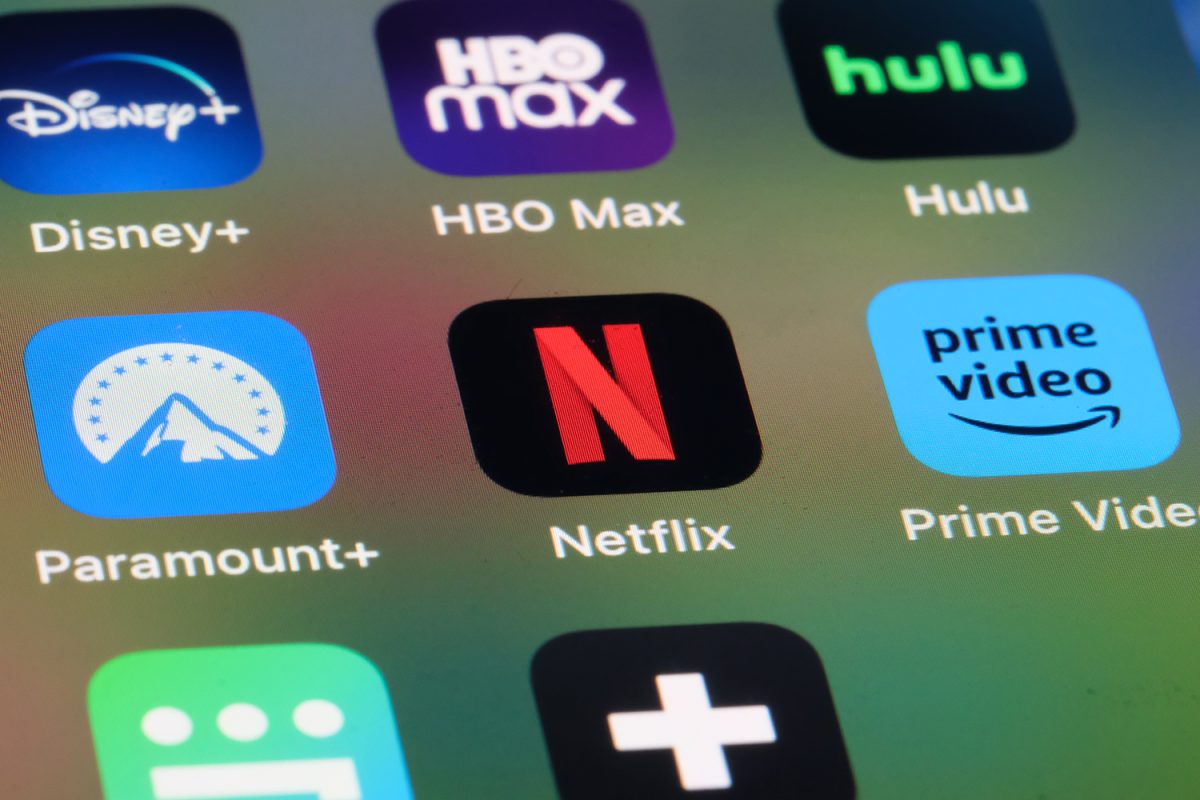Netflix’s live-action adaptation of “Avatar: The Last Airbender” was not terrible. However, it wasn’t all that great, either; it certainly didn’t live up to the storytelling prowess of the original animated series.
The original “Avatar: The Last Airbender” became a beloved staple of animated storytelling when it debuted in 2005, capturing audiences’ hearts with its subtle, yet powerful characterization, strong themes, and fluid animation. Because of this, many fans were eager to see familiar characters and stories in a new medium.
Netflix’s answer to the fan’s cries for new content came on Feb. 22 when the streaming platform released eight hour-long episodes meant to tell the story of the show’s first season.
After binge-watching all eight of those episodes, I can confidently say the show was mediocre. At times, the only thing that kept me watching was the nostalgia for the original series.
Despite my gripes, there were a few aspects of the Netflix show that I did enjoy. Each of the bending elements felt entirely authentic, and the fluid movements of the original show were solidly portrayed by the actors. If water bending existed in the real world, this is what it would look like.
The architecture and visuals of the places the main characters visit were additionally well-established. For example, in episode three, titled “Omashu,” the earth-bender city exists atop a giant mountain with a complex system of stone “chutes” that transport goods around the city.
The city looked exactly like it did in the animated version, which was an impressive feat, to say the least.
Certain characters also shined in this adaptation — namely Sokka and Zuko, portrayed by Ian Ousley and Dallas James Liu respectfully. The characters had their stories expanded upon naturally, staying authentic to who they were as people.
I came out of this show having more appreciation toward both Sokka and Zuko, getting attached to them in a way I couldn’t with any other character.
Now, I can usually excuse a myriad of shortcomings in a show as long as I feel satisfied by the characters. In this show, however, character arcs were rushed.
In the original show, the main character Aang — played in the adaptation by Gordon Cormier — struggles with feeling that he failed the world while also struggling to accept the idea that he is the Avatar and must now protect the world.
His arc in the 2005 show is done well with nuance and care; when Aang is in denial about the genocide of the Air nomads for most of the animated show, the realization hits him when he sees the skeleton of his teacher. This is a powerful moment because it takes him a few episodes to accept this fact and audiences get attuned to his playful nature before this hit.
But in the Netflix show, the subtleties of Aang’s character are practically spelled out: He immediately accepts the fact that his people are gone, so his emotional reaction doesn’t hit as hard. Also, in the first few episodes, Aang is constantly saying how scared he is and how unprepared he is for his duties as the Avatar.
Yet, nothing Aang does truly shows us that aside from one moment early on when he visits the Air Temple. Even then, his pain is overshadowed by clunky exposition. The force-feeding of dialogue is a problem that goes beyond Aang and was probably my biggest gripe with the show.
The lore dumps are only made worse when compared to the source material — as one of the original’s biggest strengths is subtle and nuanced storytelling.
Overall, if Netflix decides to greenlight a season two, I will probably watch it as I do believe this show has potential. For now, though, I will be happily rewatching the original.
“Avatar: The Last Airbender” is now streaming on Netflix.



